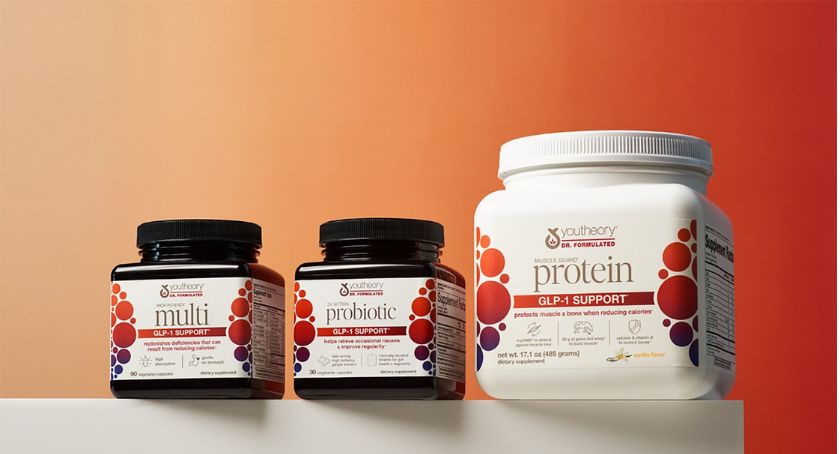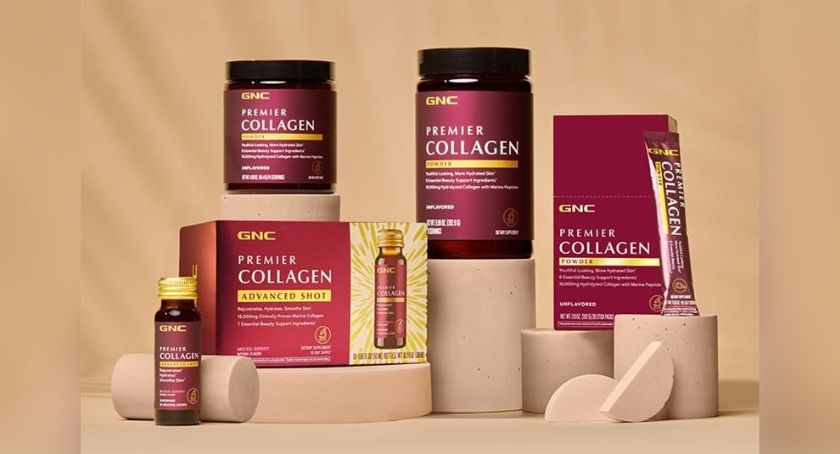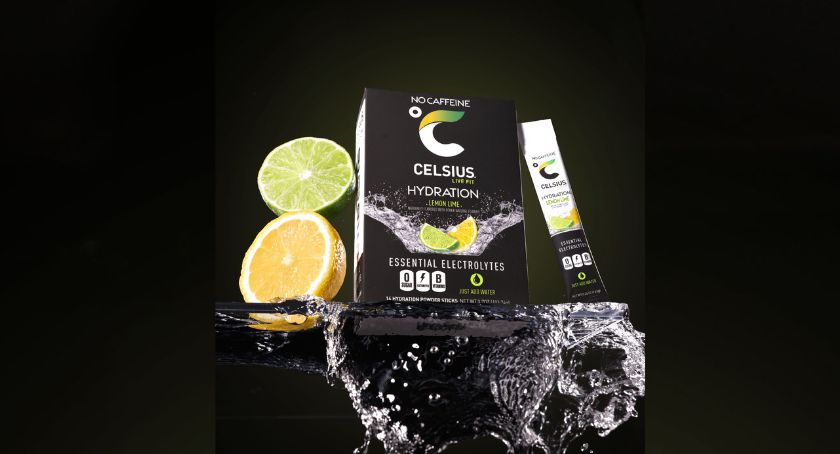Market Updates, Regulations
FTC Sues Weight Loss Supplement Marketers
Complaint alleges Roca Labs used ‘Gag Clauses,’ fines and lawsuits to stop negative consumer reviews for unproven products.

By: Sean Moloughney

The Federal Trade Commission is taking action against the Florida-based marketers of a line of weight-loss supplements who allegedly made baseless claims for their products, and then threatened to enforce “gag clause” provisions against consumers to stop them from posting negative reviews and testimonials online.
In a complaint filed in federal court, the FTC alleges that Roca Labs, Inc.; Roca Labs Nutraceutical USA, Inc.; and their principals have sued and threatened to sue consumers who shared their negative experiences online or complained to the Better Business Bureau, stating that the consumers violated the non-disparagement provisions of the “Terms and Conditions” they supposedly agreed to when they bought the products. The FTC alleges that these gag clause provisions, and the defendants’ related warnings, threats, and lawsuits, harm consumers by unfairly barring purchasers from sharing truthful, negative comments about the defendants and their products.
“Roca Labs had an adversarial relationship with the truth,” said Jessica Rich, Director of the FTC’s Bureau of Consumer Protection. “Not only did they make false or unsubstantiated weight-loss claims, they also attempted to intimidate their own customers from sharing truthful—and truly negative—reviews of their products.”
According to the FTC’s complaint, the defendants advertised their weight-loss products, Roca Labs “Formula” and “Anti-Cravings” powder, via the Internet and through online search and social media advertising such as Google, Bing, Yahoo, and Facebook. The defendants represented their products as safe and effective alternatives to gastric bypass surgery. They also claimed that users could lose as much as 21 pounds in one month, and that users have a 90% success rate in achieving substantial weight loss.
In addition, the defendants used testimonials and supposed “third-party” reviews to illustrate the weight-loss success consumers achieved with their products. They solicited “Success Videos” from purchasers by offering to pay 50% of the products’ price for providing positive reviews. In addition to threatening consumers who violated the gag clause provisions, the defendants claimed that consumers who posted negative reviews would owe the “full price” for their products—hundreds of dollars more than advertised or actually paid, according to the complaint.
The defendants sold the products starting at $480 for a three-to-four month supply, and have sold at least $20 million of the powder since 2010, according to the complaint.
In addition to the FTC’s unfairness charges based on the defendants’ gag clauses, the FTC alleges that the defendants’ weight-loss claims are false or unsubstantiated. The FTC also charges that the defendants failed to disclose that they compensated users who posted positive reviews. In addition, the FTC alleges that defendants violated consumers’ privacy by disclosing their personal health information in some cases to payment processors, banks, and in public court filings.
The Commission vote authorizing the staff to file the complaint was 4-0. The complaint was filed in the U.S. District Court for the Middle District of Florida.




















